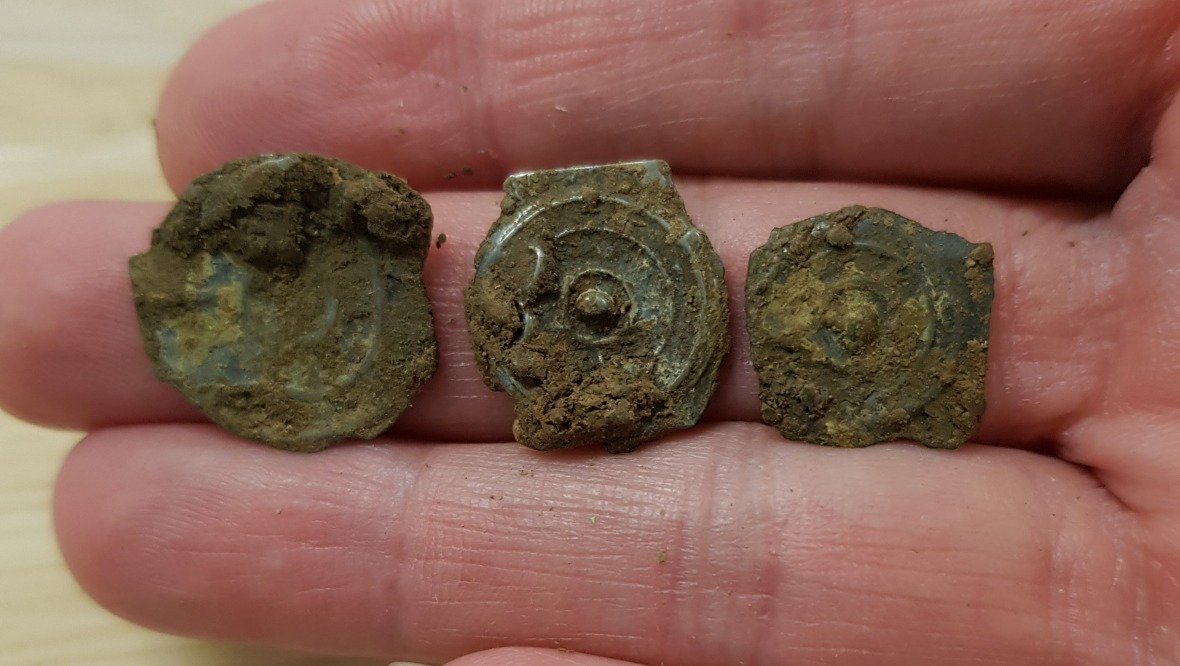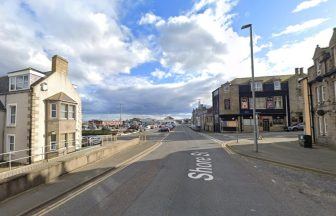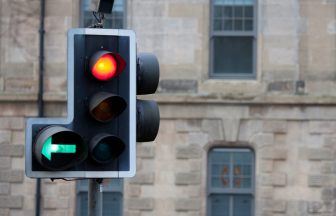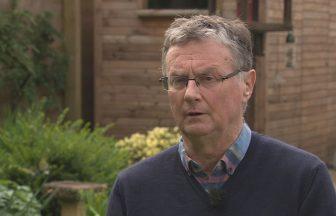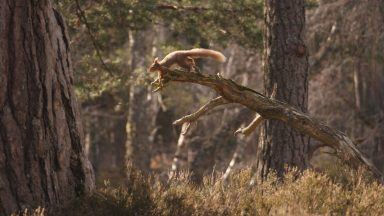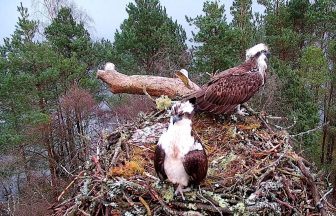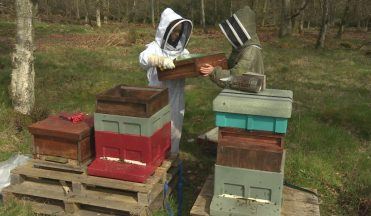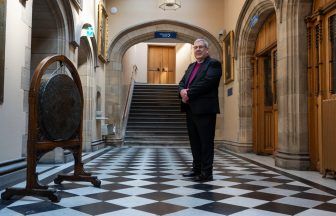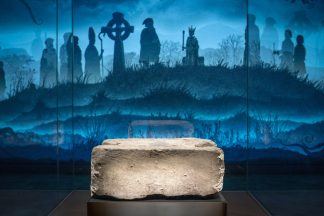Hundreds of rare coins from the Iron Age have been uncovered by archaeologists working on the new HS2 train route.
One excavator described the hoard of small coins, which were found in west London, and date back to the first century BC, as a “once-in-a-lifetime find”.
Legally, the find could be recognised as “treasure” and acquired by a museum.
Bearing the side profile of Greek god Apollo on one side and a charging bull on the other, their design is based on coins struck in the French city of Marseille more than 2000 years ago.
Excavation teams made the discovery after a storm disturbed the ground where they were buried.
Emma Tetlow, the historic environment lead for HS2’s main contractors Skanska, Costain and Strabag, described the moment the team uncovered the small coins, known as “potins”.
“We were coming to the end of our archaeological work on the site when we found a patch of soil that was a very different colour from what it would be expected to be,” she said.
“The patch of soil was dark greeny-blue, which suggests oxidised metal, and when we checked more closely, we could see loosely packed metal discs.
“This is a once-in-a-lifetime find and allows us to expand our knowledge of what life could have been like in Hillingdon many centuries ago.”
The coins, which are around three centimetres in diameter, date back to when the Romans began establishing themselves in Britain and creating Londinium, and they circulated in Kent, Essex, Hertfordshire and Europe.
Historians believe they were used as an offering to the gods or to mark the boundary of a property, as bartering rather than currency was the main form of exchanging goods and services at the time.
Hoards are often found in isolated locations after being buried as emergency savings – though it is unusual to find one of this size.
A coroner will decide whether the coins count as “treasure”, meaning they can be acquired by a museum and their value determined – though the archaeologists will not be able to claim any monetary reward.
The potins have been cleaned and preserved at the Birmingham Museum and Art Gallery before specialists investigate their origins and significance further.
Follow STV News on WhatsApp
Scan the QR code on your mobile device for all the latest news from around the country


